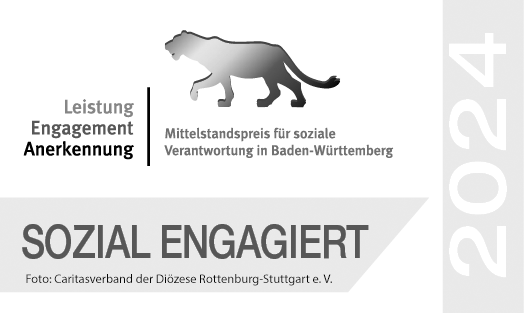Master's Programs
You are here: Programs & Courses » Master's Programs
Programs with Genuine Added Value
As different as the focal points may be, our specialized master's programs have a common recipe for success. We know what skills and methods are in demand in the business world. And companies know what to expect from our alumni: Highly skilled, innovative, agile and responsibly acting professionals and managers who create real added value for their company.
Specialized Master's Programs for Young Professionals
Mannheim Master in Sustainable Business & Technology
24 month part-time Master program (M.A.) for young professionals in the fields of Sustainable Business and GreenTechnology
Learn moreMannheim Master in Sustainability and Impact Management
24 month part-time Master program (M.A.) for young professionals in the fields of Impact and Sustainability Management
Learn moreMannheim Master in Management Analytics & AI (Part-Time)
24 month part-time Master program (M.A.) for young professionals in the fields of Business Analytics, AI and Digitalization
Learn moreMannheim Master of Accounting & Taxation
3 year part-time Master program (M.Sc.) for young professionals in the fields of accounting and taxation
Learn moreContact Persons











